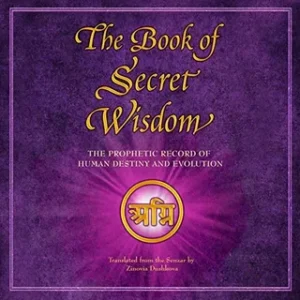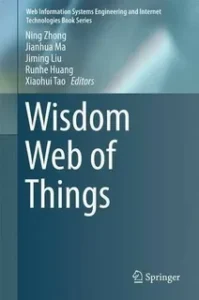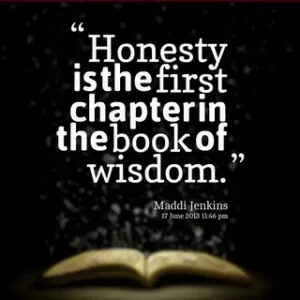Why Ancient Philosophical Books Still Matter Today?
The Enduring Legacy of Ancient Wisdom
For centuries, ancient philosophical books have provided profound insights into human nature, ethics, and society. Thinkers like Plato, Aristotle, Socrates, and Confucius crafted works that have continued to shape the way we understand the world. In a fast-paced and ever-evolving world, the teachings of these ancient philosophers remain surprisingly relevant, offering timeless wisdom for anyone seeking to lead a more thoughtful, meaningful life.
The Timeless Relevance of Philosophical Texts
While the context in which these texts were written may seem distant from today’s world, the core ideas found within them address universal human concerns. Ancient philosophy asks questions that transcend time, such as: What is the nature of justice? How should we live together as a society? What does it mean to live a good life? These questions have been central to human life for millennia, and they still hold tremendous significance in the modern era.
1. Plato’s “The Republic” and the Ideal Society
Plato’s “The Republic” is often considered one of the cornerstones of Western philosophy. The work explores justice, politics, and the nature of the ideal society. Despite its ancient origins, “The Republic” offers remarkable insights into how we organize our communities, the role of the individual within society, and the pursuit of a just life. In today’s world, where issues of political corruption, inequality, and social unrest are ever-present, Plato’s analysis of the ideal state is still a topic of deep discussion and reflection. The questions he raised about the role of power, democracy, and justice in society continue to resonate with modern readers.
2. Aristotle’s “Nicomachean Ethics” and the Pursuit of Virtue
Aristotle’s “Nicomachean Ethics” presents a vision of human flourishing (or eudaimonia) rooted in virtue. Unlike the moral absolutes prescribed by some philosophies, Aristotle believed that virtue lies in the balance between extremes and that living a good life is about cultivating qualities like courage, wisdom, and generosity. His exploration of ethics in the context of personal development is still incredibly influential today. The focus on practical wisdom and character-building is crucial for anyone seeking a balanced, purposeful life in the modern world. In a time when people often face moral dilemmas in their personal and professional lives, Aristotle’s emphasis on the importance of virtuous living provides a much-needed framework for personal growth.
3. Confucius and the Role of Harmony in Society
Confucius, the great Chinese philosopher, focused on the importance of harmony in both the individual and society. His teachings emphasize the value of respect, filial piety, and the pursuit of personal integrity. In a world that often feels divided, Confucian ideals of interpersonal harmony, respect for authority, and the cultivation of moral character continue to offer wisdom on how to navigate our relationships and societal roles. Confucius’ influence is particularly evident in East Asian cultures, but his principles are universal, resonating with people everywhere who seek deeper meaning in their relationships and their place in the world.
Why These Books Still Matter
In the modern age, technology and scientific advancement may dominate our daily lives, but the core concerns of the human experience remain unchanged. Ancient philosophical works address themes such as the nature of happiness, the pursuit of wisdom, the importance of virtue, and the role of society in shaping our lives. These topics are still at the heart of modern debates in ethics, politics, and psychology.
Moreover, as individuals seek to find meaning in an increasingly complex world, these ancient texts provide guidance that is more timeless than ever. Philosophical works like those of Plato, Aristotle, and Confucius offer not just intellectual exploration, but practical tools for navigating life’s challenges. Their writings encourage self-reflection, deeper thinking, and an understanding of how to lead a life that is rich in purpose and fulfillment.
Conclusion
Ancient philosophical books remain a vital source of knowledge because they tackle the eternal questions of human existence. By reflecting on the wisdom of philosophers who lived centuries ago, we can gain insights that are directly applicable to modern challenges. These works continue to inspire readers to question, reflect, and live with greater clarity and purpose. Their teachings are not just historical artifacts—they are living, breathing sources of wisdom that continue to shape how we understand ourselves and the world around us.









Post Comment